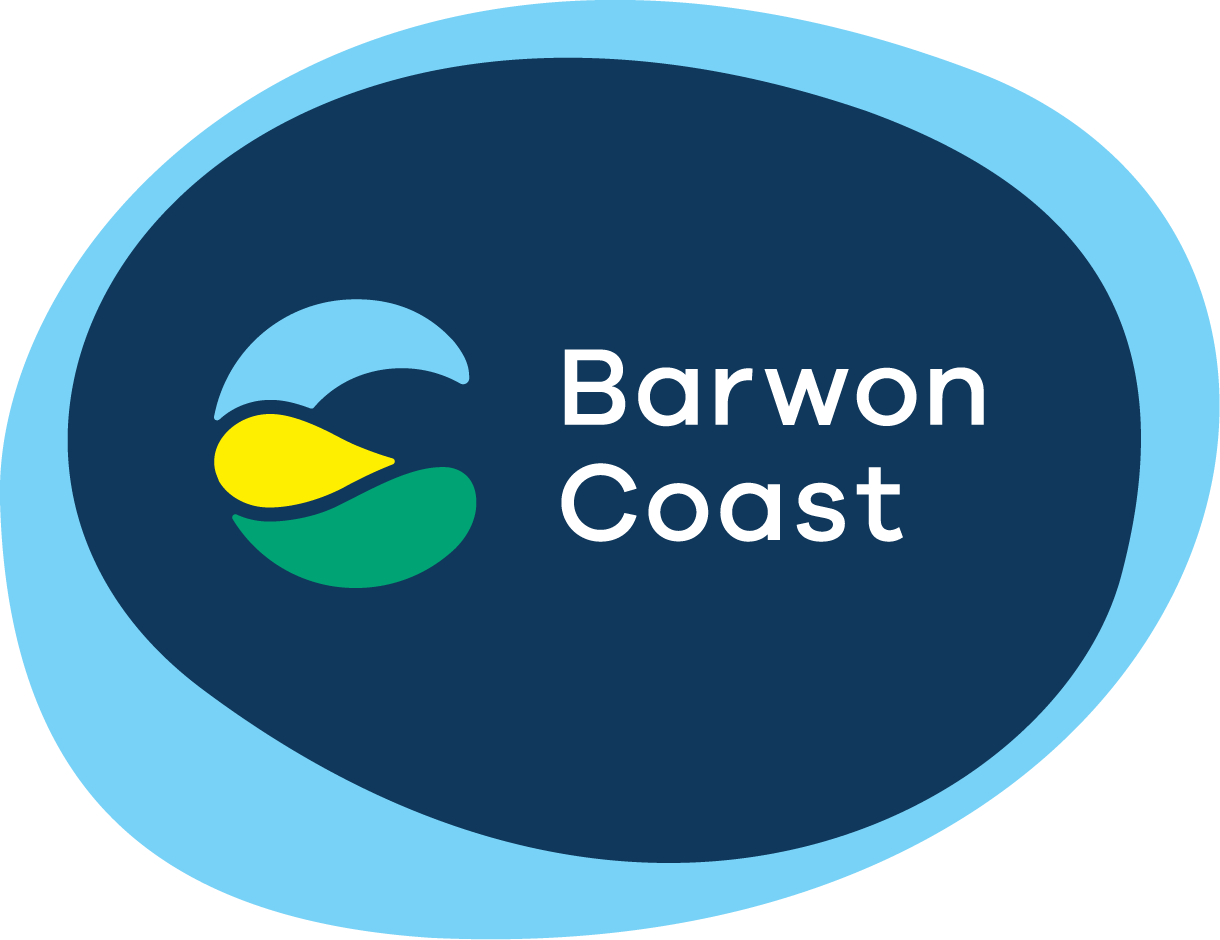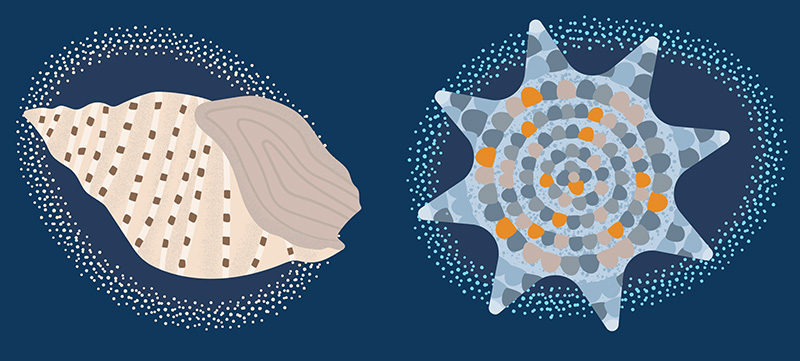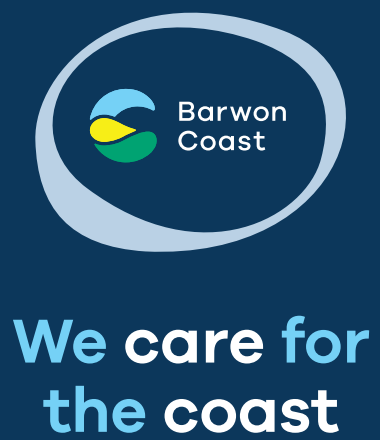- 9°C broken clouds
- Wind 5.00 knots WSW
- Low Tide 3:53pm 0.144m / High Tide 10:49pm 1.401m

- About Us
- Who We Are
- Our Work
- About the Coast
- Environment Management
- Access & Use
- Coastal Accessibility
- Boating and Ports / Notice to Mariners
- Dogs on Beaches
- Facilities and Infrastructure
- Permissions
- Explore
- Learn & Do
- Environmental Education Program
- Barwon Coast Discovery Centre
- Bird Observation Point
- Coastal Discovery Program
- Education Resources
- Get Involved
- Stay

Notice Board
Close X2 July 2025
Barwon Coast secures funding for beach access upgrades
Barwon Coast is pleased to announce it has received funding through the Victorian Government’s 2024–25 Coastal Public Access and Risk Grants Program.
1 July 2025
Barwon Coast to manage Black Rock foreshore reserve
Barwon Coast has formally taken on management of the Black Rock foreshore Crown land reserve, following approval from the Victorian Minister for Environment.
29 June 2025
Breamlea Caravan Park playground upgrade
Barwon Coast is excited to announce the planned upgrade of the Breamlea Caravan Park playground, part of our commitment to improving visitor experiences at our parks.
25 June 2025
Construction nearing completion on Changing Places facility
The construction of the Changing Places facility at Ocean Grove Main Beach is almost complete, with only minor works remaining.
20 June 2025
Hooded Plover Nesting Update
We currently have one active hooded plover nest that is expected to hatch in the coming weeks...
Home / About The Coast / Water Quality



Related Links
EPA Water Quality Alerts & Reports
EPA Water Quality Alerts
EPA Port Phillip Bay Beach Report
EPA Flood Impacted Rivers Report
EPA Heavy Rainfall ImpactsBarwon Coast undertakes water quality testing only in response to environmental incidents such as:
- Blue-green algae blooms
- Sewage leaks
- Oil spills
- Other events that may impact water quality
When water conditions affect boating, fishing, or recreation in the Port of Barwon Heads, alerts will be posted here and on the Barwon Coast Facebook page.
Working Together to Protect Waterways
In the event of compromised water quality, Barwon Coast works closely with:
Barwon Water- Environment Protection Authority (EPA)
- Department of Energy, Environment and Climate Action (DEECA)
- Corangamite Catchment Management Authority
- Emergency services
If you have concerns about local water quality, further resources are available on the EPA Victoria website.
What is Blue-Green Algae?
Cyanobacteria (blue-green algae) are a common seasonal occurrence in Victoria and a natural component of most aquatic systems, including streams, lakes, estuaries and the sea.
Individual cells are very small and are normally not visible in a water body, but numbers can increase rapidly and blooms, or scums, become easily visible across the water surface.
Blooms can be triggered by nutrient levels, low inflows, lower storage volumes and warmer weather conditions. Blooms can be unsightly, ranging in colour from dark-green to yellowish-brown. They develop a paint-like consistency as they dry out and often have a pungent smell.
Why you (or your pets) shouldn’t swim or fish in Blue Green Algea affected waters
Direct contact with blue-green algae can cause allergic reactions such as skin rashes or itchiness; sore eyes ears and nose or if swallowed gastroenteritis, nausea or vomiting.
People who come in to contact with contaminated water should wash immediately in fresh water. Seek medical advice if experiencing illness after contact with BGA affected water.
Pet owners should prevent pets from drinking or having direct contact with contaminated water. Blue-green algae can be toxic to pets. Call your vet immediately if you suspect poisoning.
Irrigators are encouraged to take extra care to avoid spray drift, the pooling of water and inhaling mist from blue-green alsae affected water. Affected water should not be sprayed onto leafy vegetables or, florets or allowed to flood pastures.

Subscribe to our newsletter for the latest news
Quick Links

This is Wadawurrung Country. We acknowledge the Wadawurrung People as the Traditional Owners of the land, waters, seas and skies of Ocean Grove, Barwon Heads, 13th Beach and Breamlea. We honour and say Nyatne to Elders past, present and future whose ancestors, for thousands of years, have cared for this part of Dja (Country). We are committed as an organisation to meaningfully work together with Traditional Owners to make Wadawurrung Culture and Country strong.

© 2025 Barwon Coast. Website by Residency Studios.
- Access & Use
- Our Work
- Who We Are